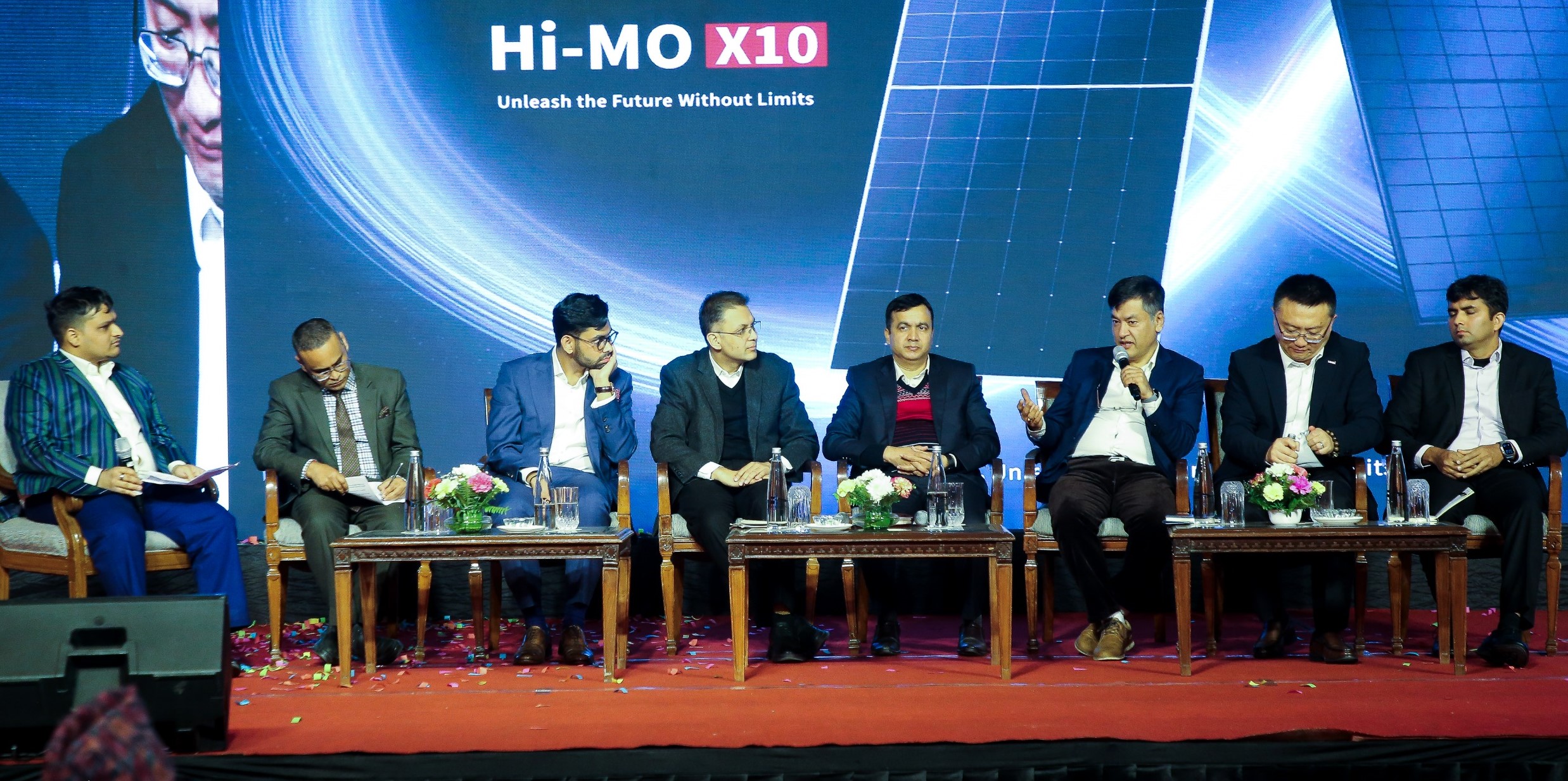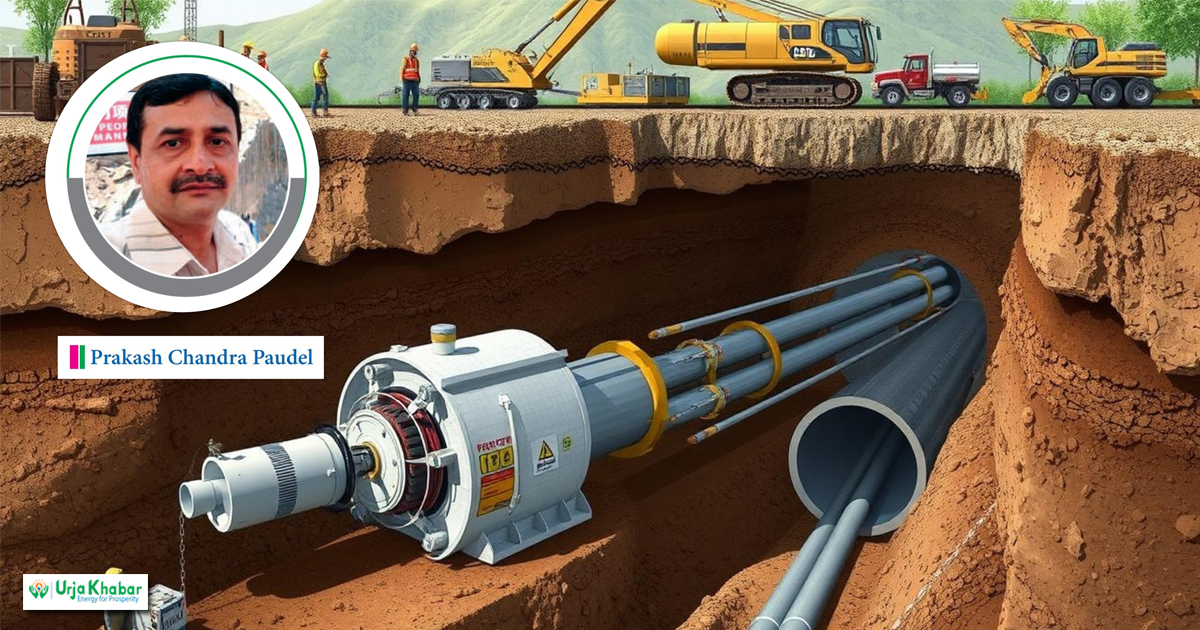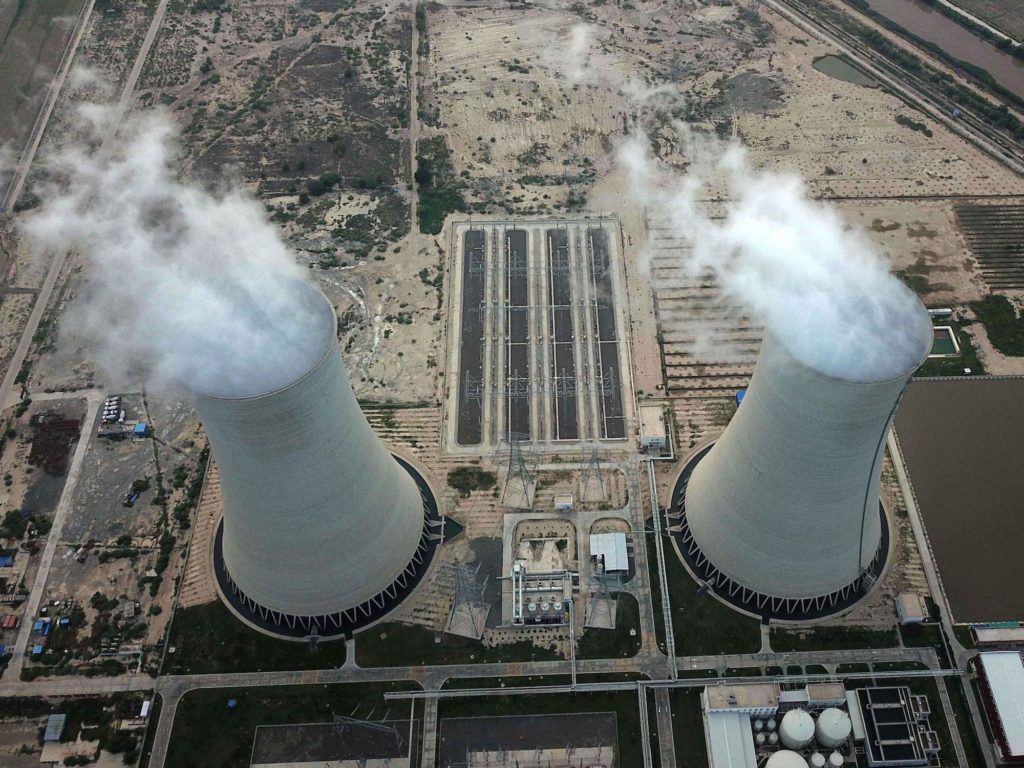Energy Update
Risks of COVID – 19 for Construction Projects of Nepal

Kathmandu, The COVID-19 pandemic has brought the world to a standstill and has greatly impacted the ability of construction businesses throughout the world to fulfill contractual obligations and sustain operations. The World Health Organization (“WHO”) declared COVID-19 a pandemic on 11 March 2020 and the Nepal Government imposed unprecedented travel restrictions, social distancing and others. The impacts of the virus on the global construction business might prove to be detrimental. Contractors are at the forefront as they are service and product providers at the same time. COVID-19 affects both material and labour, key cost components of construction projects, and by doing so, challenge on-going project delivery, company’s liquidity and whole construction business models. Following are the critical risks on the construction project of Nepal.
Cancellation: Reports to date indicate that contractors are still working on projects already begun, but that planned and new projects are at risk of cancellation.

Delay and Suspension: The key pandemic risk associated with the construction industry is the delay, suspension or cancellation of projects under the FIDIC Condition of Contract and PPA – 2063 of Nepal. Most contracts have force majeure language that can allow for additional time, but typically not additional cost reimbursement. If this situation continues for any length of time, cash flow will be affected, and there may be construction business casualties. Subcontractor-default insurers and bonding companies may be taking a very conservative approach to issuing insurance or bond credit, as these areas may be hit due to defaults caused by this pandemic.
Health and Safety Risk: COVID-19 is no different for employees of construction owners, contractors, and suppliers than for the general population. Owners, therefore, must consider the physical well-being and safety of all project team members, stakeholders, and participants on construction projects and follow reasonable guidelines and recommendations of Governmental authorities and healthcare professionals. Employer should enforce all health and safety procedures on their construction sites including sanitary protocols, proper hygiene, social distancing, use of personal protective equipment (PPE), toolbox talks on special COVID-19 requirements, and prompt reporting of health issues related to COVID-19 by construction workers. Thus, workers in the construction industry are at risk of exposure to COVID-19.

Commercial Risk: COVID-19 impacts also include commercial risks, such as commodity price swings, labor-cost escalation, extended performance costs, and higher interest payments. If contractors must source concrete, steel, lumber, sand etc. from suppliers charging higher costs due to COVID-19 interruptions, owners may be asked to foot the bill. Labor costs may also be higher if contractors are forced to choose from a limited pool due to travel restrictions. If project completion dates are extended, owners are also exposed to higher costs for internal project management staff, third-party construction managers, and consultants. Such delays are also likely to result in increased financing costs, management fees, and developer costs.
Supply Chain: Construction materials are likely to be subject to production delays or logistic bottlenecks as the pandemic continues.
Entitlement to Extensions of Time / Loss and Expense: Contractors concerned that they could face delays or increased costs as a result of the COVID-19 outbreak would be well advised to consider whether they have any express entitlements to relief under the contract. For example, a contractor may seek an entitlement to extensions of time and/or additional payment in the event that:
- The site is closed or access is restricted as a result of measures to contain the COVID-19 outbreak and the contractor is not able to carry out the works as a result of action by Governments to prevent the spread of the outbreak.
Ways to Mitigate Risks
Communicate: A clear strategy for transparent communication with all stakeholders, including employees and every party along the supply chain, will be critical. Also, bear in mind that effective communication can boost reputations, morale and trust among all stakeholders.
Conduct Scenario Analysis: An epidemic such as COVID-19 brings specific challenges Consider how alternative delivery methods or other steps may allow projects to be completed on time and on budget, even if they are delayed at some stages. Also, explore how the use of advanced controls, technology and analytics, along with alternative construction sequencing, can accelerate capital projects while ensuring more efficient use of resources and better decision-making.
Identify Critical Suppliers: It is important to have visibility over the project’s third-party supply chain and access to that party’s data to properly assess the likelihood of supply delays. Focusing on the most critical materials, equipment, products etc. suppliers should help priorities and expose key vulnerabilities.
Create a Contingency Plan: Review project controls, risk management and governance processes to make sure they are robust enough to provide early warnings of any cost, time or contractual issues arising from the possible scenarios.
Consider Legal and Financial Implications and Collection of Relevant Documents Regarding the Contract Administration.
Pandey is a Civil Engineer
Conversation
- Info. Dept. Reg. No. : 254/073/74
- Telephone : +977-1-5321303
- Email : [email protected]














